- 631-796-2804
- [email protected]
- Mon - Fri: 6:30AM - 5PM
Professional oil and stone installation that handles Long Island weather while saving you thousands over traditional asphalt.
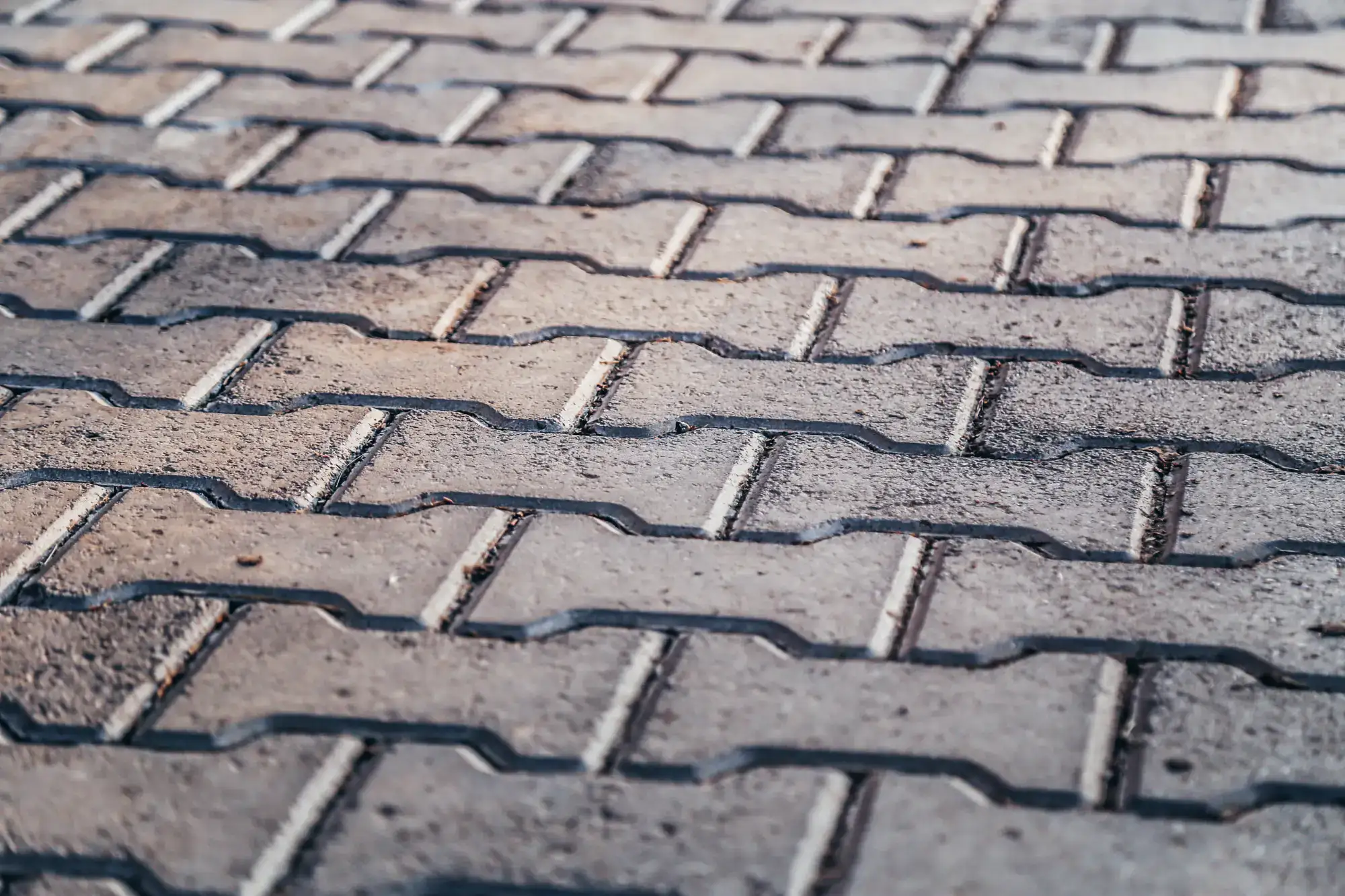
Hear from Our Customers
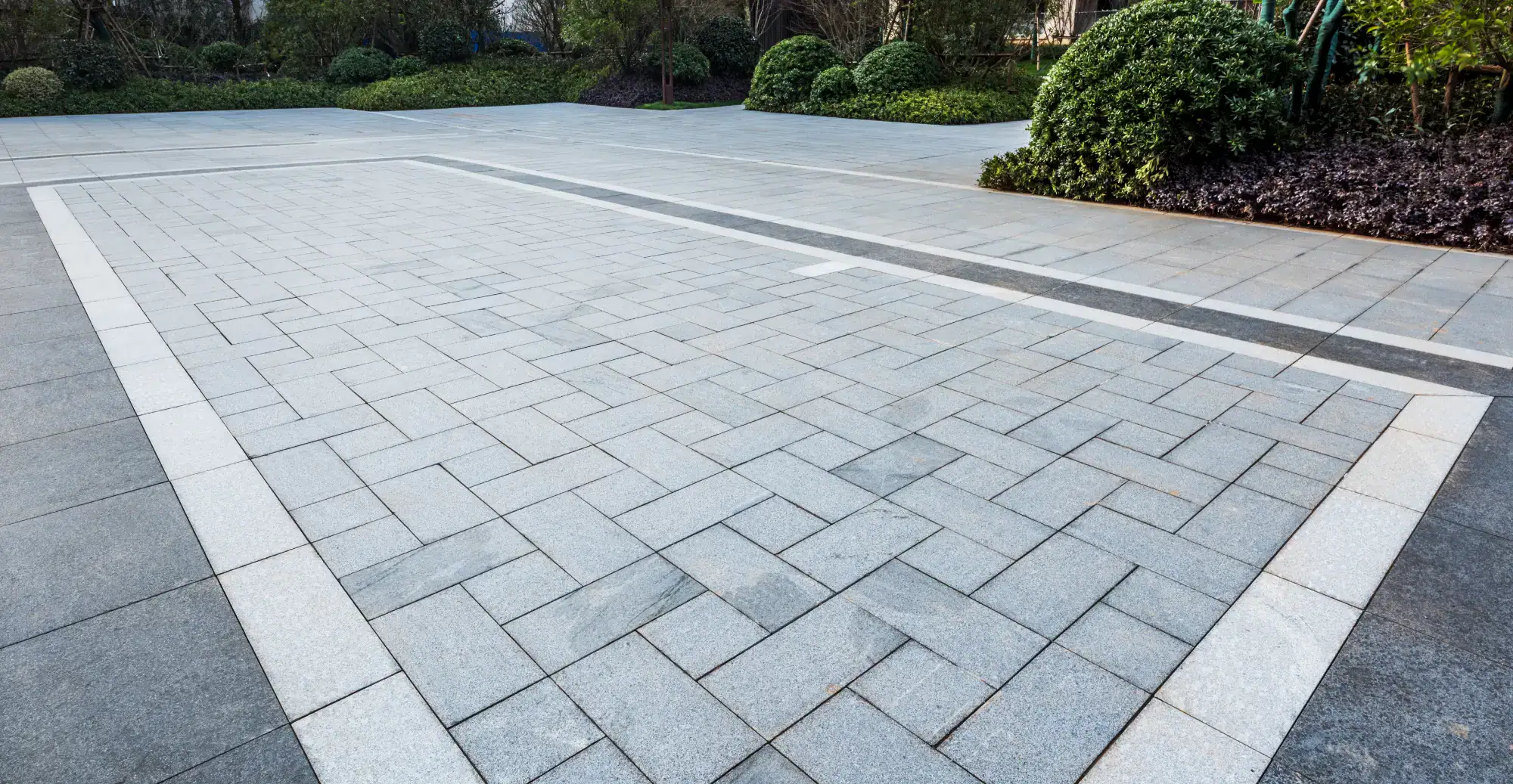
Your driveway becomes a solid, attractive surface that drains properly and handles whatever Long Island weather throws at it. No more water pooling after storms or worrying about cracks spreading across your entire driveway.
The stone aggregate gives you better traction than smooth asphalt, especially when it’s wet or icy. You’re looking at 7-10 years of reliable service with minimal maintenance, and when small repairs are needed, they’re simple spot fixes rather than major overhauls.
The rustic appearance works with most home styles and actually improves over time as the stones settle. You get the durability you need without the premium price tag of full asphalt replacement.
All Purpose Paving has been installing oil and stone driveways across Nassau County for years. We understand how Long Island’s clay soil and freeze-thaw cycles affect driveway performance, which is why we focus on proper base preparation and drainage.
Our team knows the local regulations and permitting requirements for Deer Park and surrounding areas. We’ve handled everything from small residential driveways to larger commercial projects, always focusing on installations that last.
Our approach is straightforward: assess your specific site conditions, explain what needs to be done, and complete the work efficiently without cutting corners on the foundation work that determines how long your driveway will last.
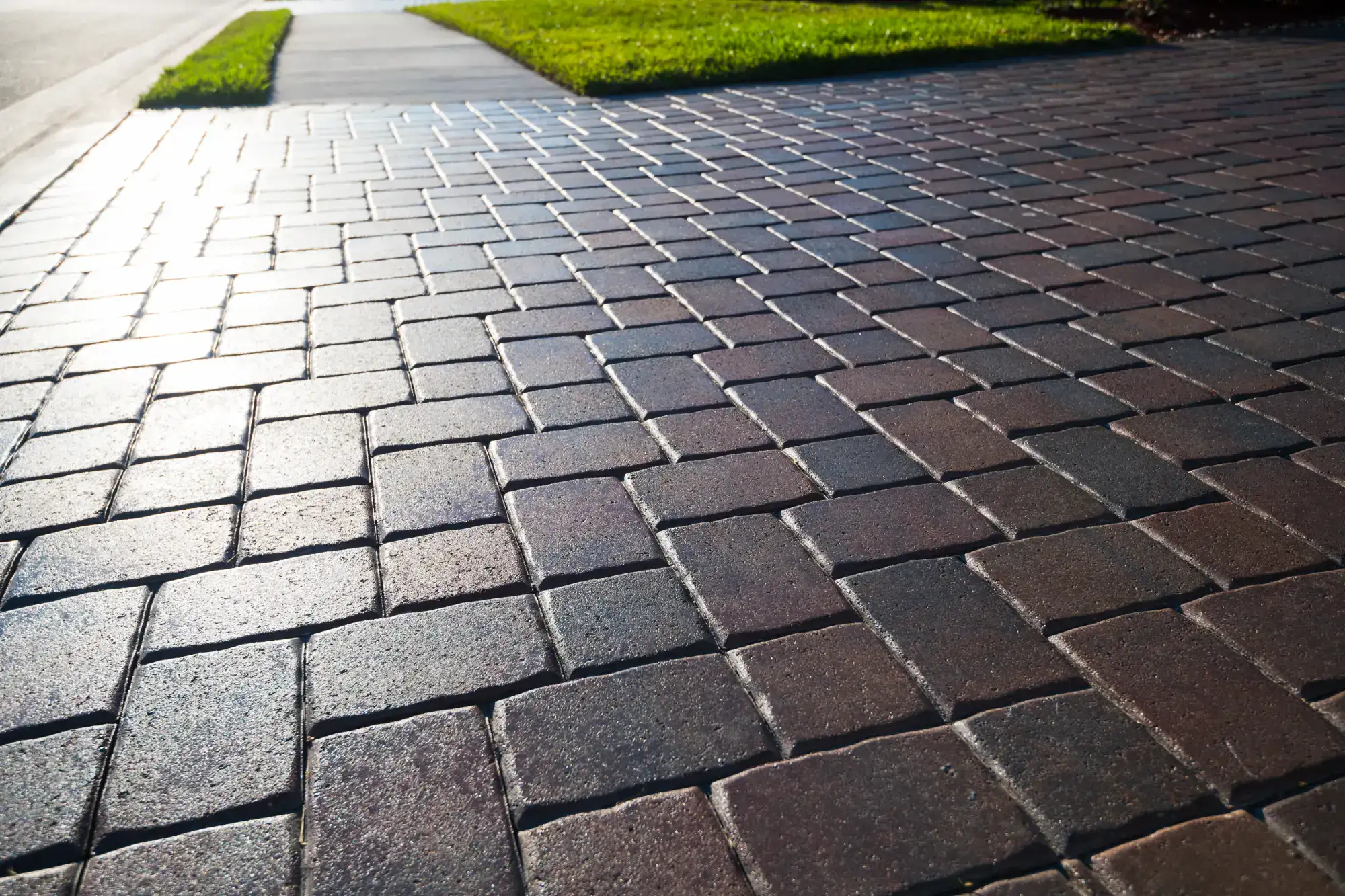
First, the existing surface gets properly prepared. This means removing any loose material and grading the base to ensure proper drainage away from your home and garage. The foundation work is critical because it determines how well your new surface will perform.
Next comes the oil application – a hot liquid asphalt that’s spread evenly across the prepared surface. The timing here matters because the oil needs to be at the right temperature and consistency for proper stone adhesion.
The stone aggregate gets spread immediately while the oil is still hot and tacky. The stones are rolled into the oil to ensure good bonding, then excess loose stone is swept away. You’ll need to keep traffic off the surface for 24-48 hours while everything cures, but after that, you’re good to go.
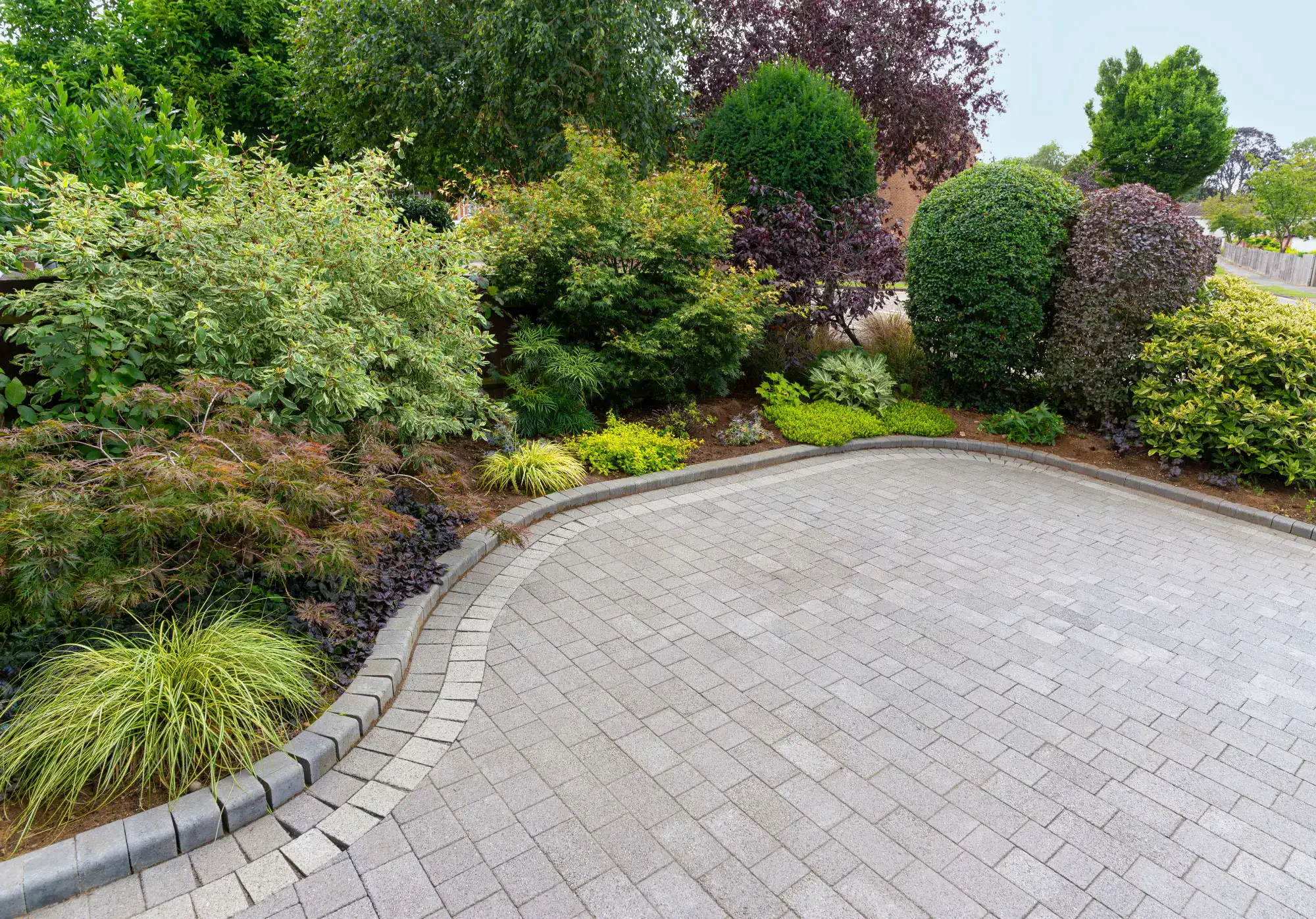
Ready to get started?
Your oil and stone driveway installation includes complete site preparation, proper grading for drainage, and application of hot liquid asphalt followed by quality stone aggregate. We handle all the details from protecting your landscaping during the work to final cleanup.
You get a surface that’s ready for normal use within 48 hours, complete with proper edge work and transitions to existing pavement or concrete. The installation includes a walkthrough so you understand how to maintain your new driveway for maximum longevity.
The work comes with guidance on the curing process and what to expect during the first few weeks as the surface settles. You’ll also get recommendations for simple maintenance that keeps your driveway looking good and performing well for years to come.
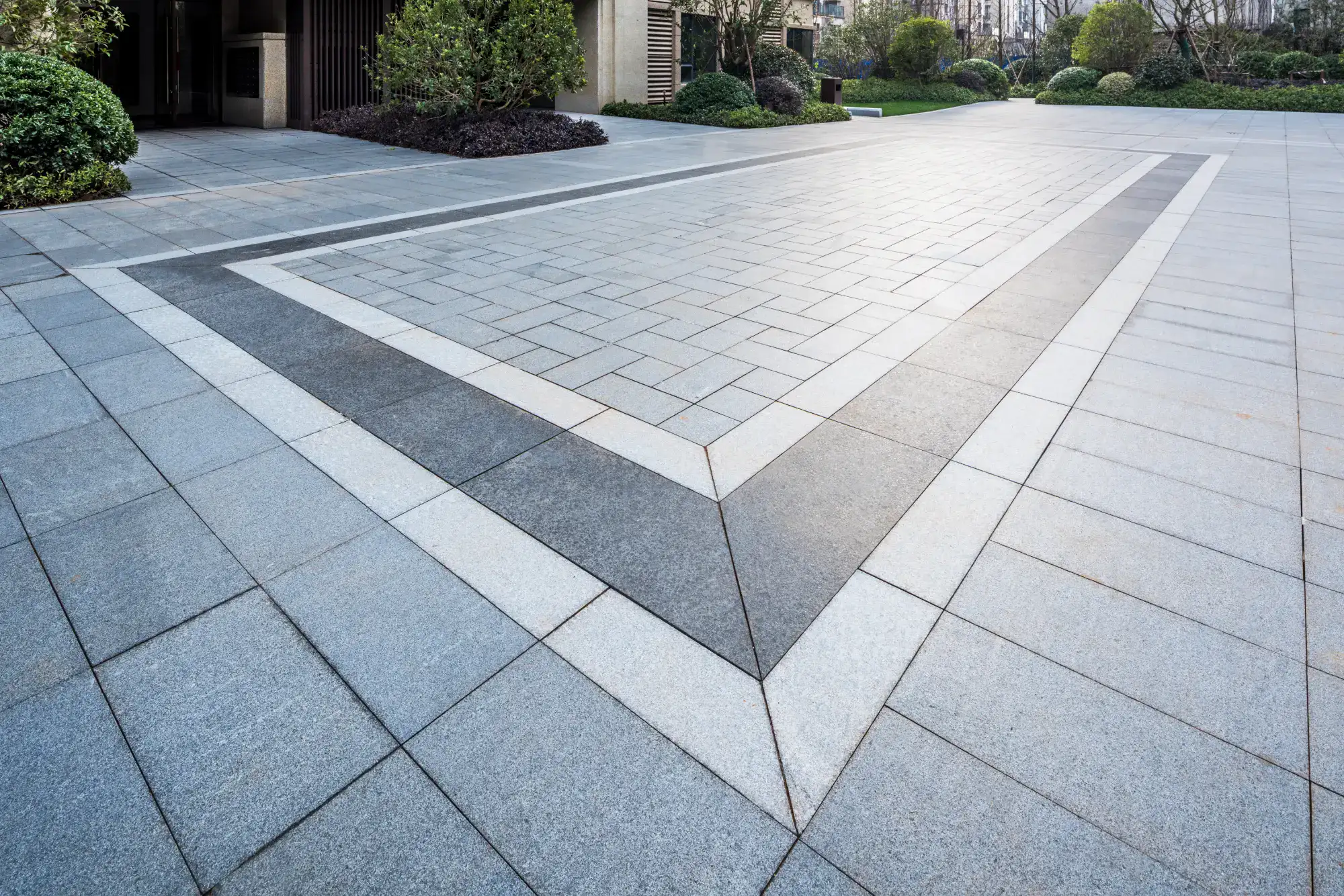

We are a family owned and operated paving contractor servicing customers on the East end of Long Island. We specialize in all phases of paving from start to finish.